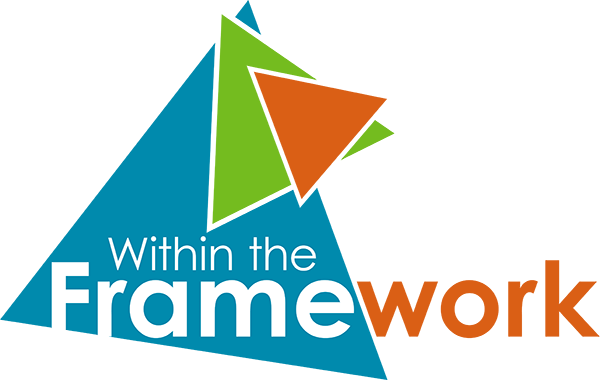When young children exhibit persistent challenging behavior, there are impacts to daily routines and activities that affect the quality of life for the child as well as the child’s family, teachers, classmates and other peers. This webinar will provide an introduction to how we can understand a child’s challenging behavior in regards to its form and function. Discussion and examples will be used to explain the importance of gathering functional data/information to establish a sensible and effective path to behavior support.
If you registered for the live event and your plans change, please update your registration status so that others may have a chance to attend.







